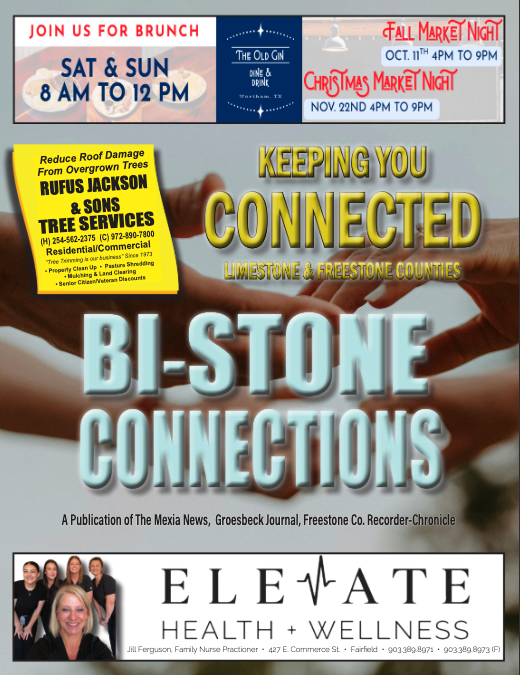Let’s begin this devotional from the words of Jesus Christ from the Gospel of Matthew. “If your brother sins against you, go and tell him his fault, between you and him alone. If he listens to you, you have gained your brother. But if he does not listen, take one or two others along with you, that every charge may be established by the evidence of two or three witnesses. If he refuses to listen to them, tell it to the church. And if he refuses to listen even to the church, let him be to you as a Gentile and a tax collector.”
Here, in these scriptures, Jesus lays out the very framework for conflict resolution to be conducted within the lives of Christians and the church community. They hinge on one particular detail: the personal and direct address of the issue. This is a fancy way of saying, “dealing with things face to face.” In today’s world, it is so easy to simply address a conflict with a person without ever speaking to the one who has offended you. The battle goes around and around, and the words of division swirl through text messages, social media posts, emails, letters to the editor, and all accumulate in the same result. Nobody is talking to anybody; they are just talking to others about the conflict, and the vicious cycle continues unabated.
This creates an important question to ask: do we really look for resolutions in our conflicts with others, or do we seek to simply have our own way, or spout our own grievances? Don’t get me wrong, we all need to have vent sessions or blow off steam around friends. But if this is not enough to ease the rage or frustration within you, then maybe it is time to address the issue head-on, face-to-face. This will not be easy (or popular in today’s world) because it will force you to listen to the response or rebuttal from your addressee. But you might be surprised to hear what they say, or have a new perspective on a different point of view.



